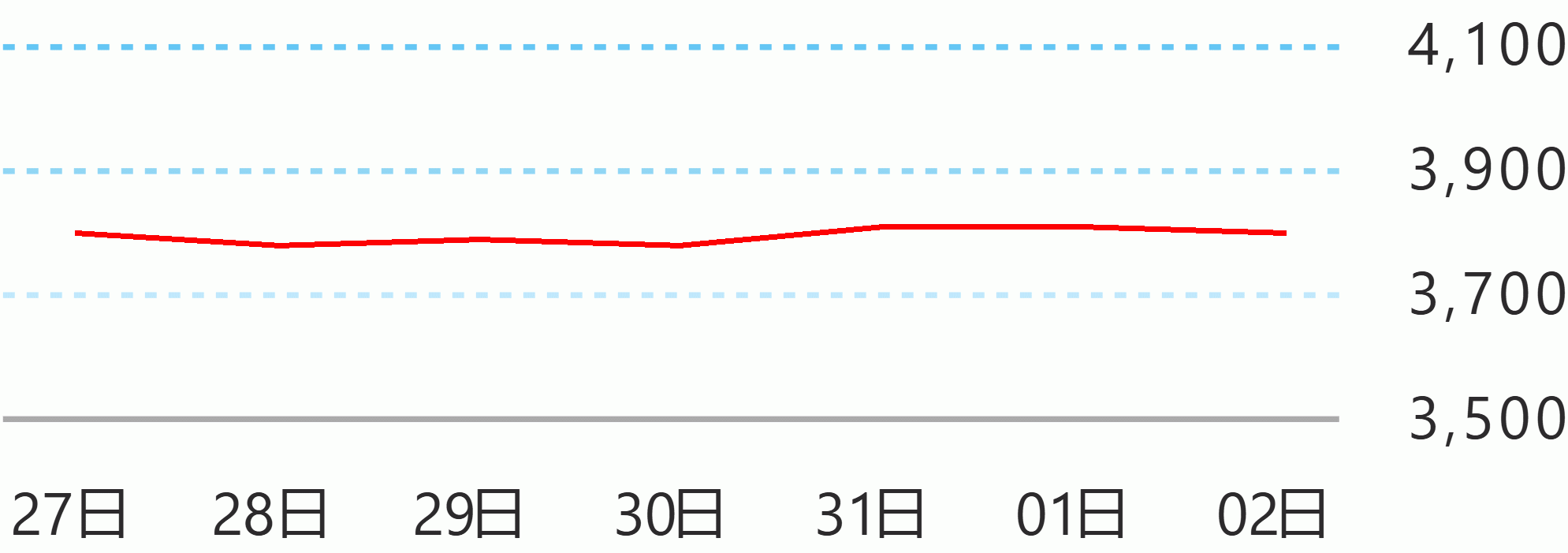The Philippines will not retreat from conducting overflights in its claimed area in the South China Sea, Foreign Affairs Secretary Teodoro Locsin Jr. said on Friday.
This was despite China's claim that the Philippines' filing of diplomatic protest over Beijing's "continuing illicit issuances of radio challenges on Philippine aircraft conducting legitimate regular maritime patrols in the West Philippine Sea" was "illegal provocations."
"As long as we fly within our exclusive economic zone, yes, we should continue doing that," said Locsin in an interview by CNN Philippines.
He noted that any attack against Philippine military asset would "trigger" the country's Mutual Defense Treaty with the United States.
"So, we should just go do it (flying in West Philippine Sea). But the problem is this for China, that under the Mutual Defense Treaty, an attack on metropolitan Philippines is an attack on the United States. A sinking or a downing of a Philippine military asset is the the same. It triggers the Mutual Defense Treaty. It's up to them. Again, it's a free world," he said.
The Philippines and the US have signed the MDT in 1951. Recently, President Rodrigo Duterte ordered the suspension of the termination of the Visiting Forces Agreement with the US.
China has been claiming almost the entire South China Sea, including the areas within the 200 nautical miles EEZ of the Philippines.
In the same interview, Locsin ruled out the possibility of questioning before an international tribunal other violations of China in the South China Sea as this could cause the reopening of the Arbitral Award to the Philippines.
"Do I bring it back to the Arbitral Court? What if it reopens our arbitral victory? They're dying - you know there are members of ASEAN who are dying to have us reopen that and then we'd be all alone. And then we lose what (former President Benigno) Noynoy (Aquino III) won for us," he said.
"I have to think very carefully whether to gamble a clear legal victory on what may be a vain gesture. But meanwhile, we will continue doing what we are doing, which is to use military assets everywhere that is our territory under international law. That includes the 400-mile economic zone," Locsin explained.
Asked on the possibility of the Philippines losing the arbitral award, Locsin said, "What if it reopens? The question is, was it a violation of Philippine sovereignty? Our ruling already defined what's ours. But if that is the question I'm going to bring up again to another court, they may reopen it. What if they change their minds?"
He added, "I'm even afraid that some of our neighbors may want to bring it up precisely to lose it. I trust no one in this world...they can weaken whatever we got."
"I'm saying that I trust no one because when we started it, we were alone. And I'm going by that. I'm not going to go by assertions especially since right now, we are the lead in protesting China's actions in our territory in the South China Sea. No other country comes close to us, and I can tell you this and they will not dispute it, even Vietnam follows us under my watch," he added.
The Hague-based Permanent Court of Arbitration, in its 2014 ruling, invalidated China's historic and sovereign claim through its nine-dash line theory in the South China Sea following the Philippine petition. Celerina Monte/DMS





 English
English










